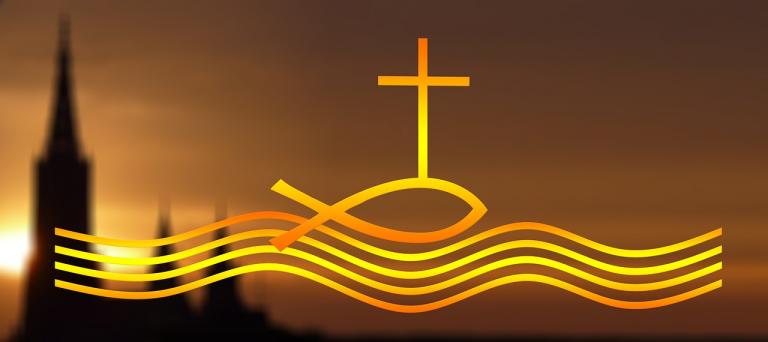Within Islamic settings, Muslims equate baptism with salvation. Seekers from Islam investigating a relationship with Jesus Christ can explain away many of their activities.
If they’re discovered reading the Bible, they can claim they are studying it in order to debate Christians more intelligently. If they’re seen sneaking into a church building, they can excuse such behavior in the same way. If seen talking to a pastor or some Western Christian, seekers can suggest that they were simply observed witnessing, lifting up the attributes of Islam.
But they can’t explain away baptism — there is no acceptable excuse.
Muslims believe that at baptism, a person no longer belongs to Islam but to Christianity. They have left one community and joined another. The local community says that when converts are baptized, they have left Muhammad and joined with Jesus. At baptism, persecution soars because identification with Jesus is real, irrevocable, and forever.
Baptism is the point of no return.
Ripken goes on to tell about 38 converts to Christianity in Iran who were preparing for baptism when they learned that their pastor had been kidnapped, tortured, and killed.
Those new believers in Iran, lined up and down the aisle of the church awaiting baptism, were told, “Your pastor has been killed. Now that you know the cost, are you ready to follow Jesus through baptism and beyond?”
Not one person walked away.
Ripken is a Baptist who sees baptism mainly as an act of obedience and commitment. Muslims, ironically, are right from a Lutheran perspective when they associate baptism with salvation. The same can be said of Muslims who convert to Christianity, who have a particular craving for baptism. We can all agree that with baptism “identification with Jesus is real, irrevocable, and forever.”
I would add that baptism also identifies us with all Christians throughout history, making us part of the “communion of the saints,” including the persecuted and the martyred, like this Iranian pastor and like these brave catechumens.
Illustration by geralt via Pixabay, Creative Commons License














